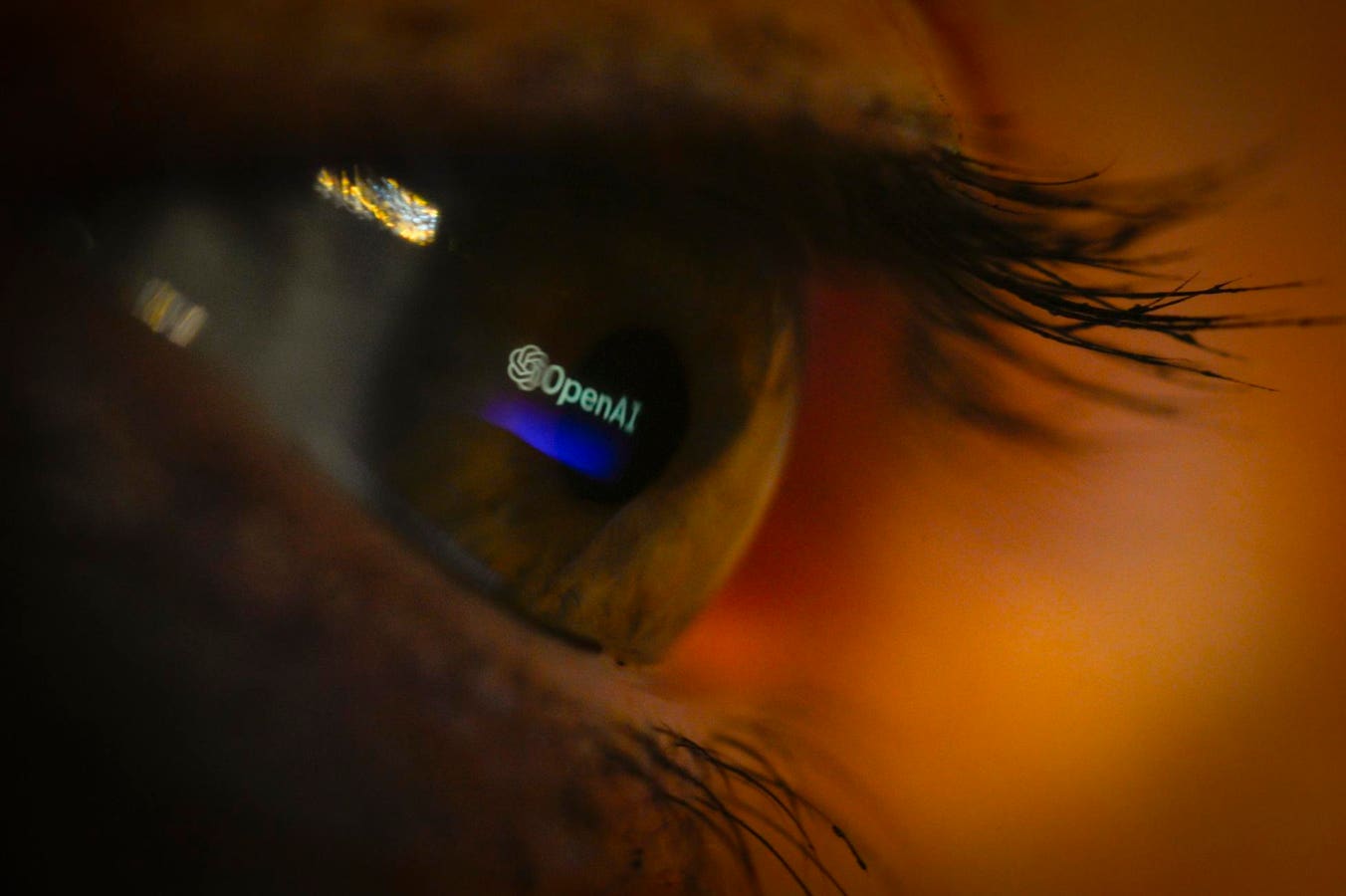- Joined
- Jan 2, 2009
- Messages
- 1,404
- Reaction score
- 300

5 Ways ChatGPT Will Change Healthcare Forever, For Better
Generative AI will transform medicine as we know it. In the same way the iPhone become an essential part of our lives in what seemed like no time, ChatGPT (or whatever generative AI tool leads the way) will alter medical practice forever and for better.
 www.forbes.com
www.forbes.com
Can this technology replace some clinicians? Is it time to invest in AI?
